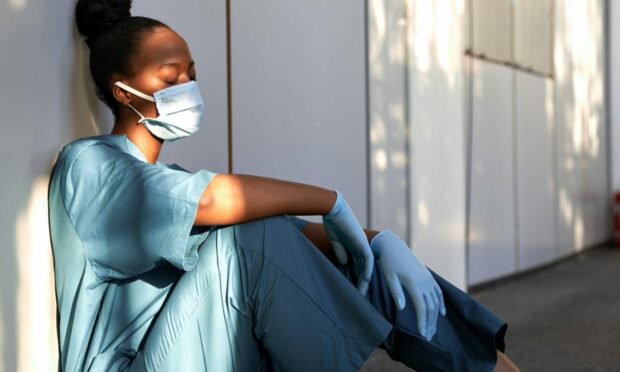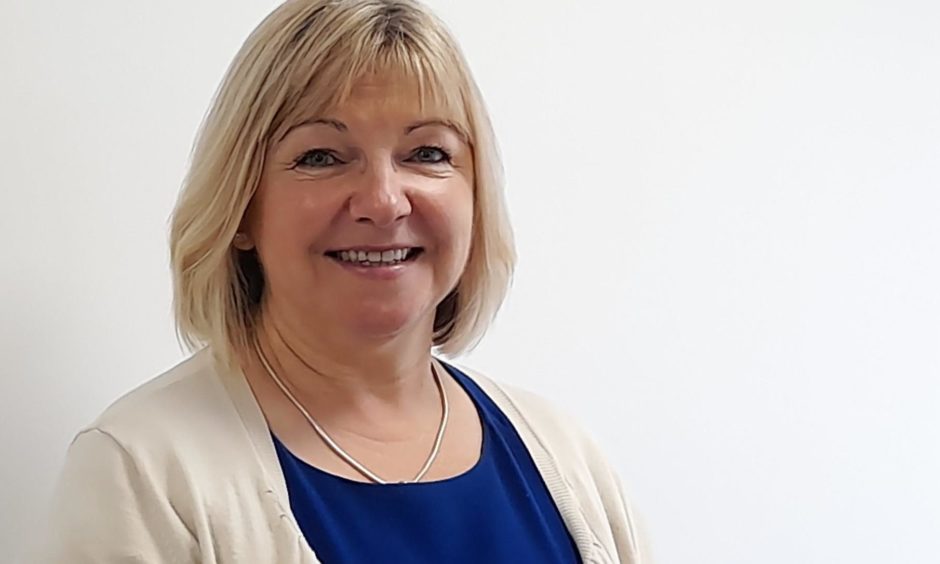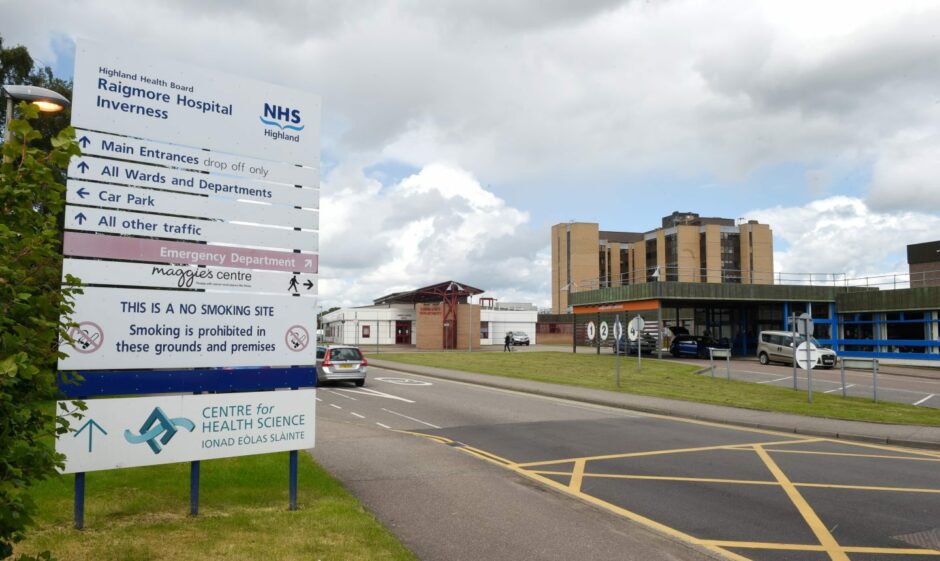NHS Highland has apologised for the “lasting hurt and harm” caused to bullied staff after paying out more than £2.8 million in compensation.
An investigation was launched after four whistleblowing medics claimed in 2018 there was a systemic bullying culture at the health board for over a decade.
A review carried out by mediation lawyer John Sturrock QC later revealed hundreds of staff had suffered inappropriate behaviour.
Some were driven to depression, alcoholism and drug abuse while struggling to cope.
Questions were raised over the way bullying complaints were handled by managers.
An independent review panel was set up to speak to victims of bullying and come up with recommendations for the health board to make improvements.
‘Many staff had suicidal thoughts’
The initiative, named The Healing Process, was opened for both current and former employees, who were given access to counselling services and compensation.
It has now emerged that the panel, made up of external HR and legal advisers, spoke to 272 people and 42% of those involved no longer worked for the health board.
NHS Highland has now paid a total of £2,825,000 in compensation with an average payment award of £10,386.
In its final reports, the panel noted that bullying had had a devastating impact on many of the staff.
They said: “For many of those we met, it is not so easy to find closure.
“Unfortunately, many of the participants in The Healing Process had had suicidal thoughts.
“It is recognised that bullying can trigger past trauma as most trauma is caused by interpersonal factors or personal life events.
“It is sad that such a process was necessary but we hope that given the extreme circumstances, The Healing Process did achieve what it set out to do.”
Staff suffering with menopause or mental health conditions must now be given help
The panel has made several recommendations to NHS Highland to improve its workplace culture, which include:
- Recognising the impact of mental health conditions on employees and their ability to deal with difficult work situations
- Only employing staff with the right skills and qualifications for NHS roles
- Recognising the issues experienced by employees going through the menopause
- More visible leadership in remote healthcare practices across the Highlands – and to make it easier for new staff to bring in new ways of working
- Improved appraisal and personal development plans
‘Senior managers were under significant pressure’
The panel said some staff did not have confidence in the system to investigate complaints.
It was recommended instead that a “dedicated investigation unit” was set up either within NHS Highland, or a national unit.
Senior managers were said to have been put under “significant pressure” by the Scottish Government.
It was felt they had to make sure they were reporting positive results and reach targets “irrespective of the reality on the ground”.
The panel’s report said: “This added significant pressure on these individuals and contributed to the general culture of pressure, which in many cases led to bullying.”
NHS Highland bullying: ‘We are sorry’
NHS Highland said work is underway to address all concerns raised relating to bullying behaviour in the reports.
Despite continuing to face staff shortages, it acknowledged that only people with the right skills should be employed.
A new five-year strategy plan has been designed which is hoped to be approved next month.
Although accepting culture change had not yet been embedded throughout the organisation, NHS Highland stressed “significant” progress had been made.
A report into the situation is due to be discussed by the health board tomorrow.
In it, Fiona Hogg, director of people and culture, said NHS Highland wants to have a “truly inclusive workforce that respects, embraces and values difference of all kinds”.
She said: “We recognise that for some people, there will still be lasting hurt and harm and we are sorry for this.
“We will continue to learn from their experiences and work to do better going forward.”
A Scottish Government spokesman said: “Bullying and harassment is unacceptable in any circumstances.
“We’ve made clear to health boards that we expect them to ensure any such incidents are taken seriously and, where necessary, fully investigated.
“Everyone who works in our health service must have the confidence to raise any concerns they may have.
“The health secretary has been absolutely clear that when a whistleblower raises a concern, this must be treated with the upmost seriousness and thoroughly investigated.”
More health news:
Opening of new major treatment centre in the Highlands delayed until next year
Patients in Highlands offered surgery elsewhere to cut waiting times




Conversation